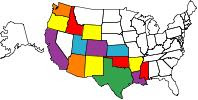.
Is the Passover Jewish or Christian?
“Jews keep it to remember the Exodus, while most Christians disregard it as a Jewish national holiday. But what should Passover mean to you?
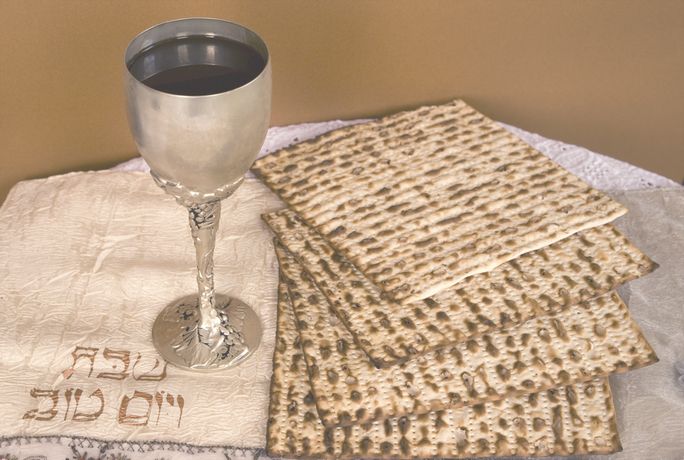 Every year Jews celebrate Passover with a special meal called the seder (meaning order). The service involves reading, drinking wine, telling stories, eating foods, singing songs, and other traditions. The service involves four cups of wine, which represent various aspects of Israel’s exodus from Egypt. A cup is also poured for Elijah, whom Jews are waiting for to announce the coming of Messiah. The meal consists of foods used to remind them of the bitterness of the slavery and the joy of their freedom.
Every year Jews celebrate Passover with a special meal called the seder (meaning order). The service involves reading, drinking wine, telling stories, eating foods, singing songs, and other traditions. The service involves four cups of wine, which represent various aspects of Israel’s exodus from Egypt. A cup is also poured for Elijah, whom Jews are waiting for to announce the coming of Messiah. The meal consists of foods used to remind them of the bitterness of the slavery and the joy of their freedom.
On the other end of the spectrum, most of Christendom believes the Passover ended with Jesus’ death on the cross and was later replaced with Good Friday and Easter.
However, both the Bible and history show that the early Church continued to observe the Passover. Polycarp, a pupil of the apostle John, fought zealously against those who proposed changing the Passover to a day not prescribed in the Bible (Leviticus 23:5). To learn more about this interesting history, read “Church History: Polycarp and Polycrates.”
Passover, a memorial of …
For Jews, the Passover is a memorial of the miraculous deliverance of the Israelites from Egyptian bondage after God used 10 plagues to show His power over the “gods” of Egypt (see “A Deeper Look at the 10 Plagues”). In His 10th plague, God killed the firstborn of all the households that didn’t have lamb’s blood on their doorposts. The Israelites were spared from death through the blood (Exodus 12:22-23, 30).
About 1,500 years after the Passover was instituted through Moses, Jesus came as the ultimate Passover Lamb of God.
But does the Passover have any connection with Christianity? Many are surprised to learn that Passover is just as Christian as it is Jewish. About 1,500 years after the Passover was instituted through Moses, Jesus came as the ultimate Passover Lamb of God (John 1:29). He was sacrificed for our sins on the Passover (Matthew 26:2). The apostle Paul describes Him as “Christ, our Passover” (1 Corinthians 5:7).
Jesus did not abolish the Passover, but actually transformed it by revealing its deep spiritual significance. He introduced new symbols: taking unleavened bread and wine as a remembrance of His sacrifice (Luke 22:15, 19-20). The apostle Paul later reinforced this, explaining that Jesus said we should “do this in remembrance of Me” (1 Corinthians 11:24) on the “same night in which He was betrayed”—which was the evening of Passover (verse 23). Paul’s letters never mention anything about Good Friday or Easter.
New symbols
The truth is that the events of the Old Testament foreshadowed what Christ would do when He came as the Son of Man. Here is a brief description of the primary symbols of the New Covenant Passover:
Foot Washing: Represents Christ’s deep love, humility and serving attitude, which we are to emulate (John 13:1, John 13:5-8, 9-11, 12-15; 1 Peter 5:6).
Unleavened Bread: Represents Christ’s sinless and broken body for our sins (Matthew 26:26; 1 Corinthians 11:24). When Christians observe the Passover, they remember the suffering Christ endured to bear our sins and our need to have Him living within us to receive eternal life (1 Peter 2:24; Isaiah 53:5; John 6:53-55, 56-58; Colossians 1:27).
Wine: Represents Christ’s blood, which was poured out for us. His shed blood instituted the New Covenant (Matthew 26:28; 1 Corinthians 11:25). When Christians observe the Passover, they remember the covenant they made with God at baptism. The New Covenant is based on God’s writing His laws on our hearts, forgiveness of sins and the promise of eternal life (Hebrews 8:8-9, 10-12; 9:15).
The Passover is the first of seven festivals God commanded His people to observe (Leviticus 23). Each of these festivals pictures a part of God’s plan to bring humanity into His family. None of the other parts of God’s plan can happen without forgiveness through Jesus Christ—the meaning of the Passover.” From: https://lifehopeandtruth.com/god/blog/is-the-passover-jewish-or-christian/

LEARN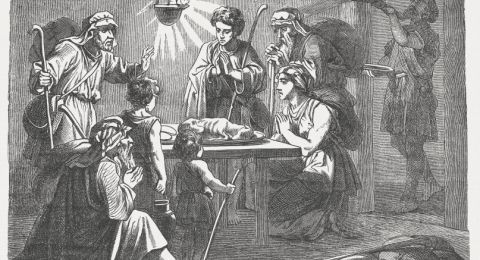 MORE
MORE
________
For the Kids: Spring Festivals 
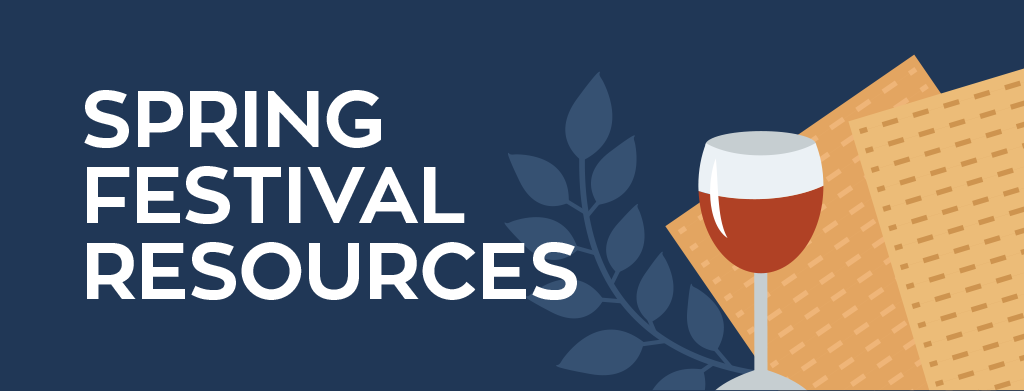
“This weekend, the annual cycle of God’s festivals begins again, starting with Passover and the Feast of Unleavened Bread.
This month’s release focuses on the “sign of Jonah” given by Jesus Christ Himself: the three days and three nights He would be in the grave.
3 Days and 3 Nights Activity
Create a timeline of the events that occurred during the 72 hours that Jesus Christ was in the grave.
How Do You Count Three Days and Three Nights?
Discover why a literal three days and three nights matters in this helpful study resource.
Counting 50
Start your count to Pentecost with our updated "Counting 50" resource.
Have a wonderful Feast of Unleavened Bread!
Join other parents, grandparents and guardians to discuss how they are using the EEI Parenting Manual to teach their children in our Facebook Group.”
________
Egg Industry Response to Choline & TMAO
“How the egg industry funded a study designed to cover up the toxic trimethylamine oxide reaction to egg consumption.
Transcript of YouTube: https://youtu.be/-IlA5gi8CH0![]()
Below is an approximation of this video’s audio content. To see any graphs, charts, graphics, images, and quotes to which Dr. Greger may be referring, watch the above video.
“Metabolomics is a term used to describe the measurement of multiple…metabolites in biological specimens, [like] bodily fluids,” with the goal of “identifying the molecular signatures.”
For example, if we compare the metabolic profile of those with severe heart disease to those with clean arteries, maybe we could come up with a cheap, simple, noninvasive way to screen people. If heart patients happen to have something in their blood that healthy people didn’t, we could test for that. And, maybe, it would even help us understand the mechanisms of disease. “To refer to metabolomics as a new field,” though, is to do “injustice to ancient doctors who used ants to diagnose…[people with] diabetes”—because the ants could detect the sugar in their urine.
The first modern foray discovered hundreds of substances in a single breath: for example, thanks to the development of computer technology that made it possible to handle large amounts of information. And, that was in 1971, a time when computers looked like this. “[N]ew…technologies have allowed researchers to measure hundreds, or even thousands, of metabolites at a time”—which is good, since more than 25,000 compounds may be entering our body through our diet alone.
The data come out looking like this, which computers can turn into maps that allow researchers to try to piece together connections. Metabolomics is where the story of TMAO started.
“Every[one] knows that a bad diet can lead to heart disease. But which dietary components are the most harmful?” So, researchers at the Cleveland Clinic screened blood from patients who had experienced a heart attack or stroke, and compared the results with those from blood of people who had not.
Using all sorts of fancy technology, they identified a compound called TMAO, which stands for trimethylamine oxide. The more of this TMAO stuff people had in their blood, the greater the odds they had heart disease, and the worse their heart disease was.
Where does this TMAO stuff come from? Our liver turns TMA into TMAO. Okay, where does TMA come from? Certain bacteria in our gut turn something in our diet called choline into TMA. Where is the highest concentration of choline found? Eggs, milk, and meats, including poultry and fish. So, when we eat these foods, our gut bacteria may make TMA, which is absorbed into our system, and oxidized by our liver into TMAO, which may then increase our risk of heart attack, stroke, and death.
But, just because at a snapshot in time, people with heart disease tend to have higher TMAO levels doesn’t mean having high TMAO necessarily leads to bad outcomes. We’d really want to follow people over time—which is what they did next. 4,000 people followed for three years, and those with the highest TMAO levels went on to have significantly more heart attacks, strokes, or death.
Wait a second, though. If high TMAO levels come from eating lots of meat, dairy, and eggs, then maybe the only reason people with high TMAO levels have lots of heart attacks is they’re eating lots of meat, dairy, and eggs. Maybe having high TMAO levels is just a marker of a diet high in “red meat, eggs, milk, and chicken,” that’s killing people by raising cholesterol levels, or something, and has nothing to do with TMAO at all. “Conversely, [the reason] a low TMAO level” seems so protective may just be because it’s “indicative of a [more] plant-based diet.”
One of the reasons we think TMAO is directly responsible is that “TMAO levels predict the risk of [heart attacks, strokes, and death] independently of traditional cardiovascular risk factors”—meaning whether or not you have high cholesterol or low cholesterol, high blood pressure or low blood pressure, having high TMAO levels appeared to be bad news. This has since been replicated in other studies: up to nine times the odds of heart disease at high TMAO blood levels, even after controlling “for meat, fish, and cholesterol intake—[which is a] surrogate for egg intake.”
But, what about the rest of this sequence? How can we be certain that our gut bacteria can take the choline we eat, and turn it into trimethylamine in the first place? Easily—they’d just have to administer a simple dietary choline challenge. How do you do that? Just give ’em some eggs.
Have people eat two hard-boiled eggs, and you get a bump of TMAO in their blood within about an hour of consumption. Ah, but what if you then gave them antibiotics, to wipe out their gut flora? Then, you can give ’em eggs, and nothing happens. In fact, their TMAO levels are down at zero, showing gut bacteria plays a critical role. But if you wait a month, give their gut some time to recover from the antibiotics, TMAO levels come creeping back up.
These findings did not thrill the egg industry. Imagine you work for the American Egg Board, tasked with designing a study to show no effect of eating nearly an egg a day. How could you rig it to show no difference? Well, if you look at the effect of an egg meal, you get a bump in TMAO levels. But, your kidneys are so good at getting rid of this nasty stuff, by hours 4, 6, 8, you’re back to baseline.
So, all you have to do is just make sure they hadn’t eaten those eggs in the last 12 hours, and you can show no effect and get your study published in the Journal of the Academy of Nutrition and Dietetics, and collect your paycheck.” From: https://nutritionfacts.org/video/egg-industry-response-to-choline-and-tmao/
_______




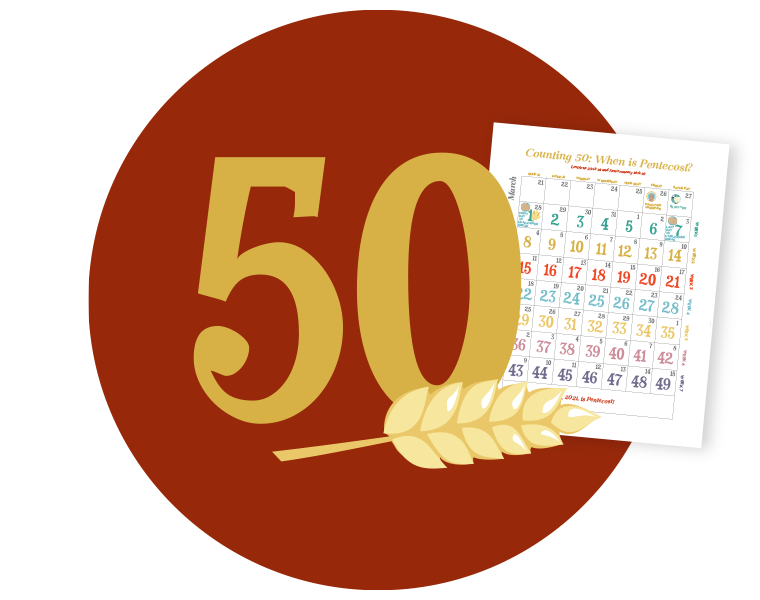

 It is easier to see pride in others than to recognize it in ourselves.
It is easier to see pride in others than to recognize it in ourselves. Postmortems
Postmortems




